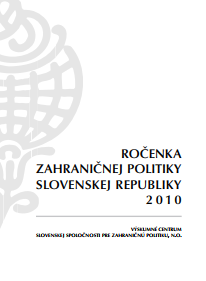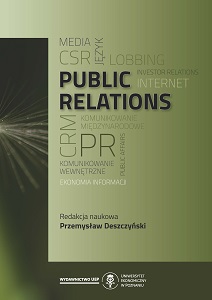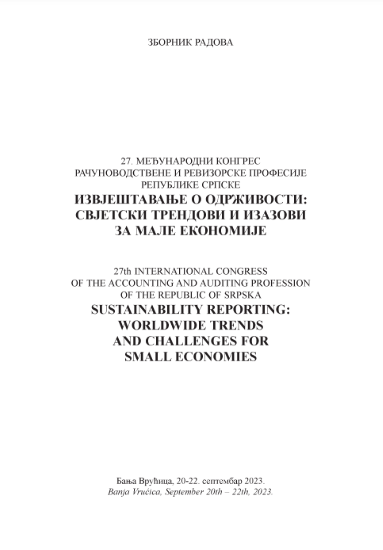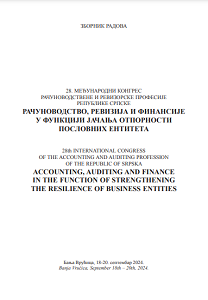Author(s): Dejan Jovanović / Language(s): Serbian
Publication Year: 0
Climate change poses a challenge to almost every aspect of the global economy and requires the engagement of experts from various fields to achieve carbon neutrality goals. Numerous studies conducted over the past decade indicate that companies are not taking serious steps to reduce their carbon footprint, and corporate management strategies often do not consider environmental issues. Therefore, providing quality carbon information is an inevitable trend for the survival and growth of companies. This requires companies to take responsibility for reducing carbon emissions, disclose important carbon information to stakeholders, and continually improve the quality of carbon disclosure on the path to profitability. Although many multinational companies have recently committed to achieving net-zero greenhouse gas emissions by 2050, it seems that there is currently a lack o f a unified methodology for measurement and reporting of these promises. Consequently, tensions arise in the field of carbon accounting between different professional communities concerning content control of C02 reports, standard development processes, and attempts to connect new forms of carbon accounting and reporting with existing corporate practices, which often do not align with sustainable development goals. Hence, accounting and reporting become powerful means of communication for declaring ambitions, monitoring gas emissions, and reporting on the current situation and progress of companies in the decarbonization process. Building on the above, the aim of this work is to explore the theoretical and methodological challenges of redesigning the standard information supply of the accounting information system in line with sustainable development goals, decarbonization and CO2 reporting and global regulatory requirements. Methodological procedures and techniques typical of social sciences will be applied, primarily using a descriptive-analytical approach. In addition to addressing the requirements for decarbonization of business and C02 reporting stemming from sustainable development goals, the European Green Deal, and GHG protocol, the significance of carbon accounting in these processes will be highlighted. Special attention will be paid to the positioning of carbon accounting in companies and the challenges faced by accountants in the business decarbonization process, as well as the impact of C02 reporting on the performance and competitiveness of companies, especially in developing countries like Serbia, considering the regulatory acts of the European Union in this area, 'which affect companies exporting to EU countries.
More...







